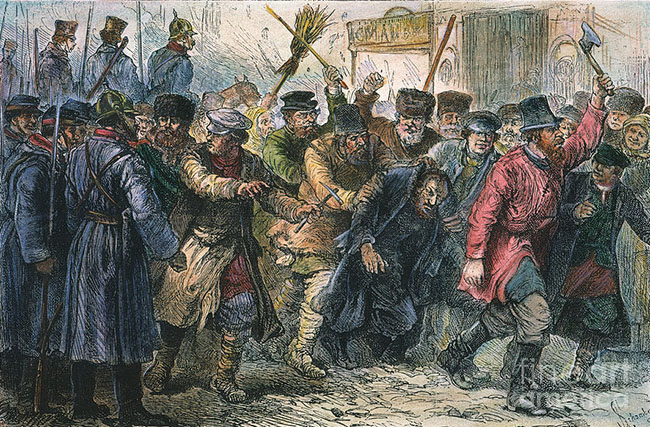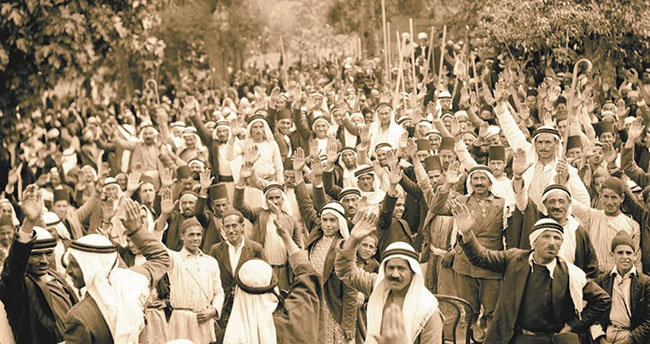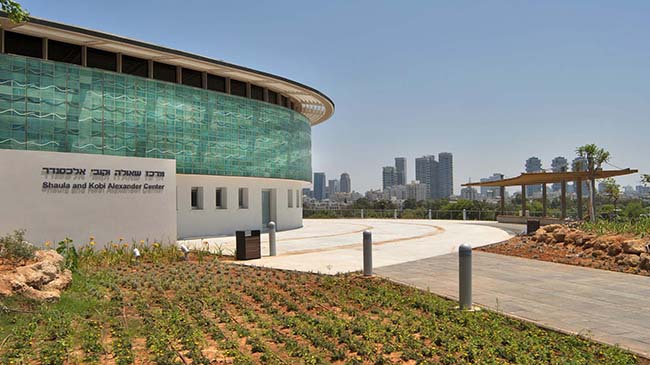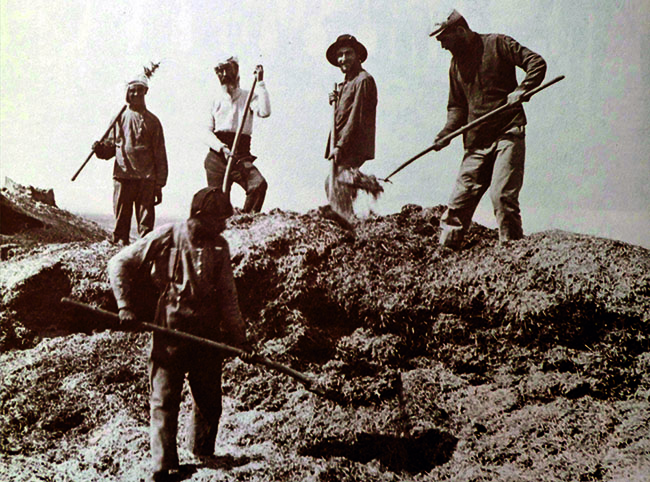

The emergence of Zionism and Eretz Israel
By Philip Mudartha
Bellevision Media Network
31 Oct 2023: During the last decade of 19th century, a minority of Eastern European Jews rejected assimilation as minorities. Some others developed the modern European notion of nationalism.
The emergence of nationalism deepened the Jewish existential crisis and Jews were forced to choose between their Jewish and national identities. Anti-Semitism, the prevalent attitude of European nationalists, resulted in the emergence of Zionism. A minority of Jewish thinkers concluded that the only way to secure their community would be to build a Jewish national home.
The religious leaders among Zionists advocated “Aliyah” into Eretz Israel as a prelude to Redemption: “the land must be built up and prepared.” The secular Zionists advocated the founding of an independent Jewish socialist commonwealth.

Aliyah, arrival of European Jews to settle in Palestine
In 1881, the assassination of Russian Tsar Alexander II sparked a wave of anti-Jewish pogroms across Russia as Jews were blamed for the murder. Further west, the pan-German nationalists were espousing racist myths about all-powerful Jews. The 1890s saw an outpouring of anti-Jewish sentiment in France due to Alfred Dreyfus affair. By the end of the century, Anti-Semitism was casting its shadow across Europe.

The Kiev Pogrom of Tsarist Russian Jews in 1881
Herzl and Biblical Palestine:
The Austro-Hungarian journalist Theodor Herzl, an assimilated member of Vienna’s middle class, had little interest in the religion or culture of his forefathers. Despite his lack of interest in Judaism or Jewish culture, Herzl was aware of European Anti-Semitism. During the 1890s, he came to believe that emancipation had failed because it had led to economic competition between Jews and Gentiles (Non-believers), which had generated anti-Jewish prejudice. Jews had been liberated from the physical ghetto, but racism confined them to a new ghetto whose walls were not immediately visible but were real nonetheless.
Herzl committed himself to liberating Jews from this new ghetto. He evaluated options such as a socialist revolution, mass conversion to Christianity, but opted for national self-determination. In 1899, Herzl wrote in an American journal that ‘what made me a Zionist was the Dreyfus trial’. In his 1896 pamphlet ‘The Jewish State’, he argued that “the establishment of a modern, national homeland for Jews would provide a refuge for a persecuted people and prevent competition with non-Jews. Anti-Semitism would disappear and Jews would be able to “live at last as free men on our own soil”. Biblical Palestine, the Holy Land, ‘the ever-memorable historic home’ was his Zionist Dream.
Palestinian Arabs were, unsurprisingly, not supportive. In 1899 the mayor of Jerusalem, told Herzl that it was ‘pure folly’ to attempt to establish a Jewish country in Palestine because it was ‘inhabited by others’.

The Palestinian Arabs protesting against Jewish Aaliyah
Herzl, who viewed non-Europeans as backward, reassured the mayor that Zionism would benefit all Palestinians: “No one can doubt that the well-being of the entire country would be the happy result”. Despite the opposition, Herzl ploughed on. In 1897, Herzl had convened the First Zionist Congress in Basel and established the World Zionist Organization (WZO). “Zionism seeks to establish a home for the Jewish people in Eretz Israel secured under public law”, proclaimed WZO. Thus, Zionism became an organised movement of national liberation.
Emergence of a New Jew in Eretz Israel:
Zionism was a national movement that sought to liberate an oppressed community. However, Zionism was a national movement for a people without a land. It needed a land without a people, a terra nullius (empty earth) on which a new society could be crafted. In building a Jewish homeland in Eretz Israel, (Turkish Occupied Territory, also known as Ottoman Palestine) at the expense of the Arab population, the Zionist movement would acquire a settler-colonial dimension.
The turn of the 20th century saw many Jews escape the pogroms and poverty of Europe for America. A small minority headed to Ottoman Palestine, the Arab area with a small indigenous Jewish community. Arriving with a hazy plan of establishing a national home, the more ideologically motivated immigrants spoke excitedly of a two-fold redemption: one of the land and one of their people. Eretz Israel, “was a wasteland, backward and uncultured without Jews and under Muslim rule”. It should be transformed into a modern “outpost of civilisation”.

Eretz Israel museum in Tel Aviv, the history of Jewish homeland
Zionists further claimed that diaspora Jews had lost the national vitality. Building Israel from the ground up would create a ‘New Jew’: a bold, muscular pioneer who shunned Viennese coffee houses in favour of hard toil in the Holy Land. In the words of one popular Zionist song: “we came to this land to build it and to be rebuilt in it”.
Zionist ideologues also talked of the need to ‘conquer’ the land and establish an exclusively Jewish economy in Palestine. This meant purchasing territory from Arab landlords and replacing Arab labourers with Jewish workers. It also meant encouraging Jewish employers to employ Jews only. The message to Palestinians was clear: the Zionist movement wanted the maximum amount of land and the minimum number of Arabs. This was to be achieved through land purchases and immigration. But many also talked of the need to ‘transfer’ the Palestinians as a prerequisite for building a Jewish majority homeland. Starkly put, “Jewish settlements in Eretz Israel and the resettlement of the Arabs in territories outside of Eretz Israel”. Thus, the stage for the Israel Palestinian conflict was set in the Zionist concept of Eretz Israel for the New Jew.
The role of Britain in conquered Ottoman Palestine:
Following the declaration of war on the Ottoman Empire in November 1914, Britain began to consider the future of Palestine. The first negotiations between the British and the European Zionists took place at a conference on 7 February 1917 without any representation from the local population in Palestine.
In November 1917, British foreign secretary Arthur Balfour committed Britain to ‘the establishment in Palestine of a national home for the Jewish people’ with the proviso that the civil and religious rights of the ‘non-Jewish’ communities were respected. However, there was no reference to ‘political rights of Palestinian Arabs’.
The British occupied Palestine in December 1917. The League of Nations voted to establish the British Mandate Palestine in 1922. With the Balfour Declaration, the Zionist movement had the backing of a great power.

Jewish Pioneers toiling in their arid lands to raise lush orchards
(To be continued)